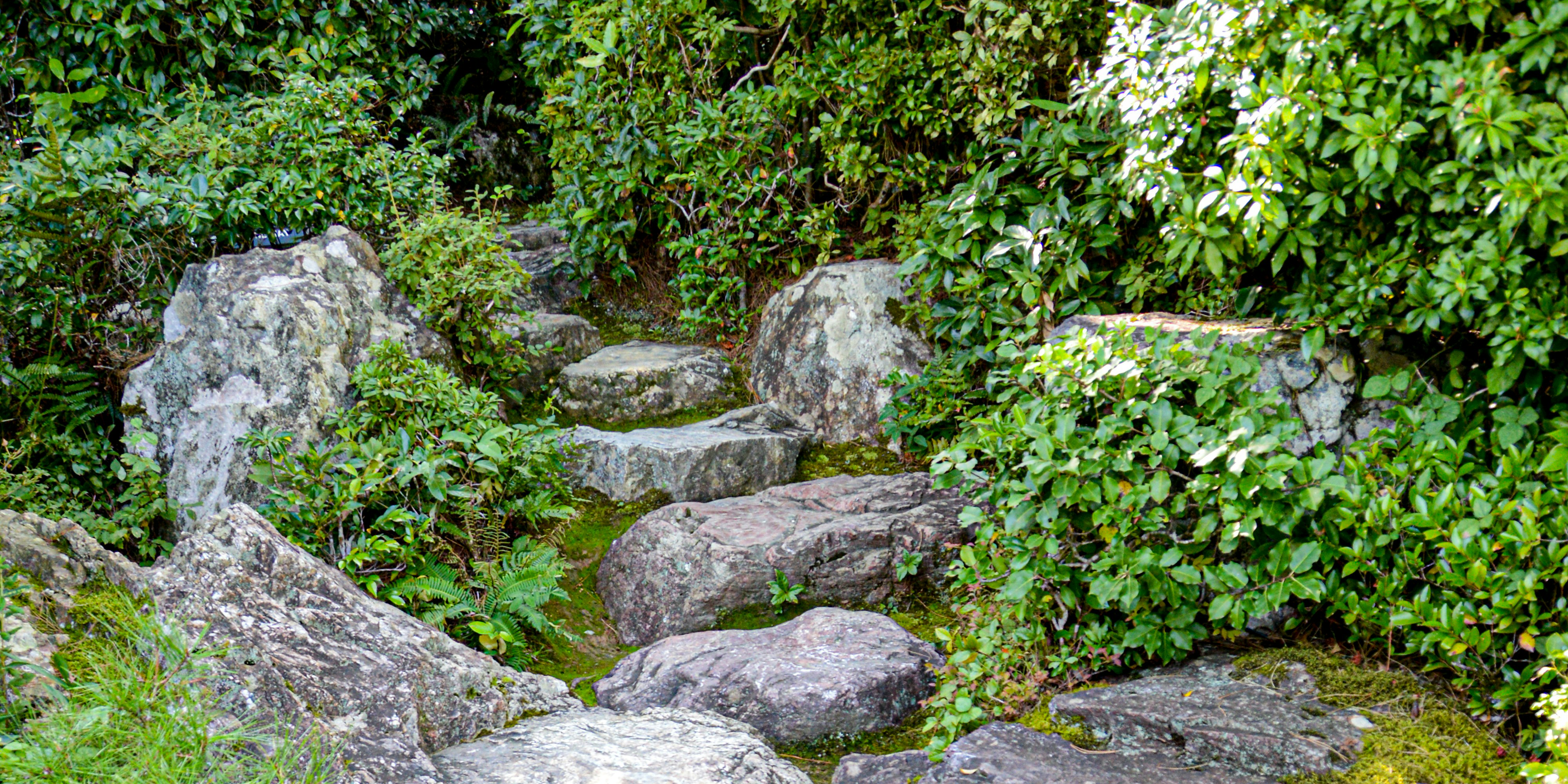Given that so many households and business are hindered by electricity blackouts, as well as the fact that we are lucky enough to enjoy many months of incredible sunshine in South Africa, means that numerous people are starting to take a closer look at solar panels - as alternative means of generating power.
The good news is that the cost of solar energy has come down in recent years, although it is still a costly exercise for many, however, the quality of the products being manufactured is of a very high standard. But how do they work?
Great conductors of natural energy
Well, the first thing to know is that most solar panels are made from silicon, which is a great semi-conductor of electricity. This means that solar panels can absorb sunlight and then convert this into energy, which, using an inverter, can then flow through an electric panel and distribute power throughout a house or business, when needed. Additionally, given how reliable solar can be in our region, many are starting to use it as their primary energy source - all year round.
So, in simple terms, solar panels are usually placed on a home or business roof top, where it attracts the sunlight and coverts this into energy. This energy is then connected to the electricity meter within a home/office to then power any number of items, like TVs, lights, computers, kettles and even the stove.
Of course, depending on how much electricity is used each month will dictate how many solar panels will need to be installed to ensure the right amount of electricity is supplied to run the home or business. And don’t forget, it’s not merely as simple as calling in a registered provider, before you begin you also need to consider several other factors like financing, equipment, and warranties.
There are a few major banks in South Africa that offer special financing options for those wanting to examine solar panels, as most installers will require upfront payment. According to a recent article in Business Insider, Jack Radmore, GreenCape’s energy programme manager, was cited as saying that a typical solar panel installation, to power a small home between 4-7kWp, can cost anything between R60,000 and R105,000, excluding battery costs.
However, as solar panels derive clean, pure energy directly from the sun, installing them within a home or office environment not only helps fight greenhouse gas emissions (as they don’t produce any air pollution), but as it is a purely renewable energy source it allows us to reduce our collective dependence on fossil fuel.
In fact, South Africa is an ideal environment for solar powered farms, where we are already seeing several projects being built to provide households around the country with more reliable power sources. And, to our mind, it through investment like these farms that we will not only see the emergence of a far stronger renewable energy economy locally, but the creation of much needed jobs within our country.
January is all about good energy and opting for grid freedom! Sign up to our monthly calendar challenge and learn how to live on the green side of live in 2021.




SUBMIT YOUR COMMENT